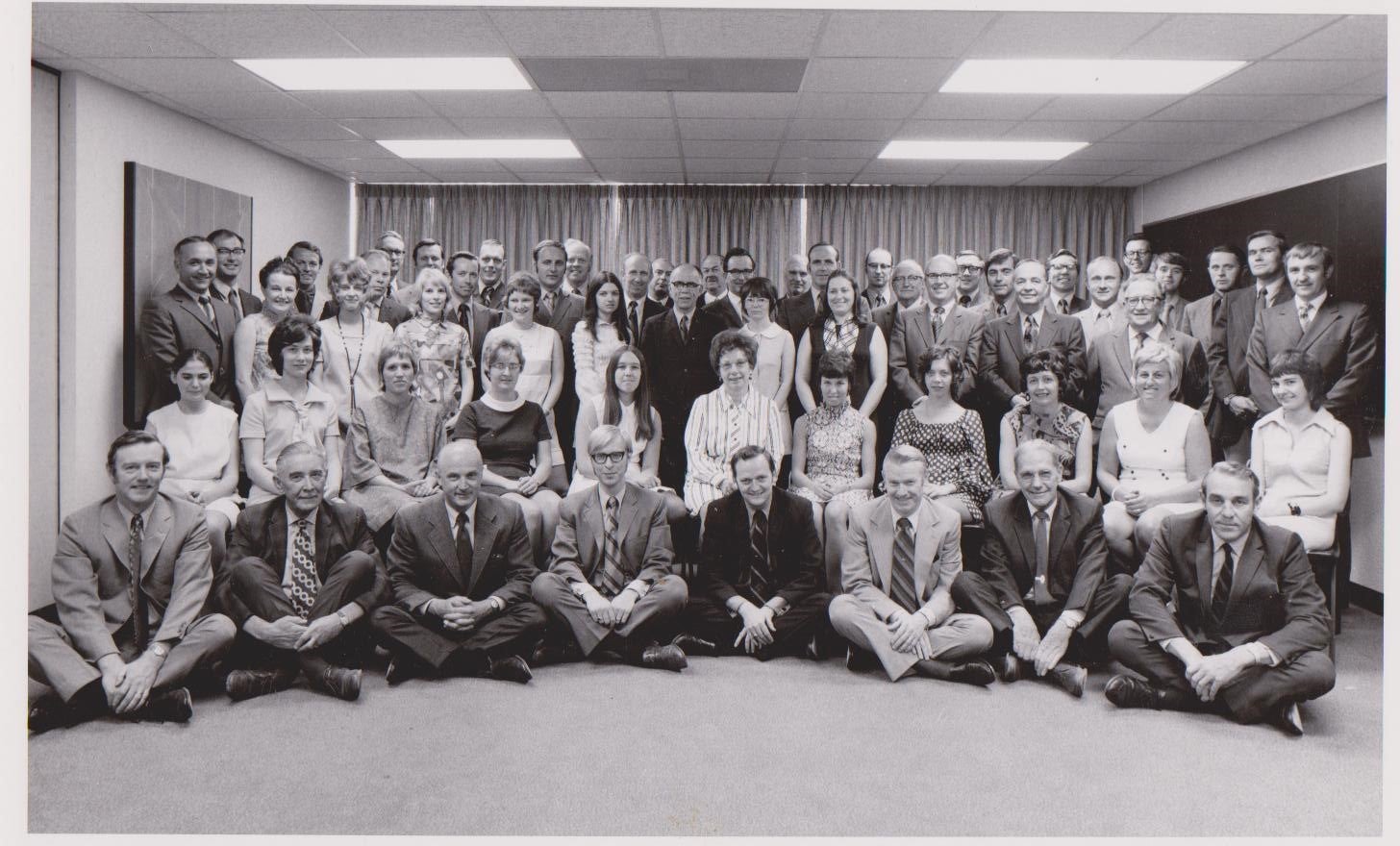
What does 60 years of co-op look like at the University of Waterloo?
What started with a cohort of 74 students in 1957 has grown to more than 20,000 today. Initially only for engineering students, co-op is now available in 120 programs across all six faculties. It is the reason 70 percent of incoming undergraduate students choose Waterloo.
As the co-op program grew over the years, more resources were needed to support it. In 2002, after three decades in Needles Hall, the co-op department moved to the newly built William M. Tatham Centre. The three-level building was named in recognition of the generous support of William Tatham, a former Waterloo co-op student whose first company sold for $1.76 billion. The building is dedicated solely to supporting co-operative education and career action. It houses 120+ interview rooms and a state-of-the-art paging system to maximize the efficiency of co-op hiring process.
And the co-op program hasn’t stopped growing. Last year, more than one million job applications were submitted by students as they competed for jobs posted in Waterloo’s employment administration system. A team of 180+ full-time and contract staff helped facilitate the process including a schedule of more than 59,000 interviews (in-person, phone, and online). While most of the staff is located on campus, Waterloo is unique in that its co-op support teams are located across Canada to help employers and students navigate their work terms.
Today, industry leaders from all over the globe seek out talent from Waterloo, with 6,700 active employers in more than 60 countries. In fact, this year Waterloo was ranked #1 in the world for employer partnerships (Quacquerelli Symonds Graduate Employability Rankings 2017). The sought-after talent of Waterloo co-op students has been credited with helping make the Toronto-Waterloo innovation corridor as a key startup scene to watch.
Looking back on its humble beginnings, it should be no surprise that co-op has grown so exponentially at Canada’s most innovative university – after all, it’s the innovation the University of Waterloo was founded on. What innovations will the next 60 years of co-op bring?